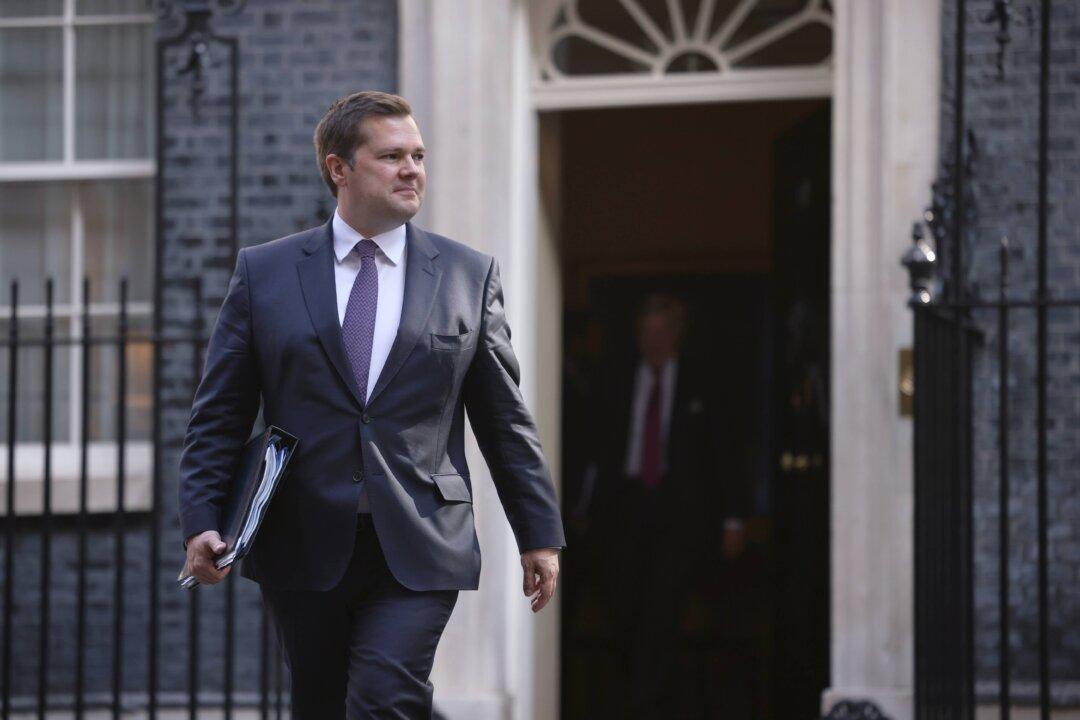The UK’s legal immigration system is more liberal than it was under the European Union, the immigration minister has said.
Robert Jenrick blamed a migrant points system introduced under former Prime Minister Boris Johnson for the “unsustainable” rise in those legally coming to the UK, and did not rule out putting a cap on visas.





